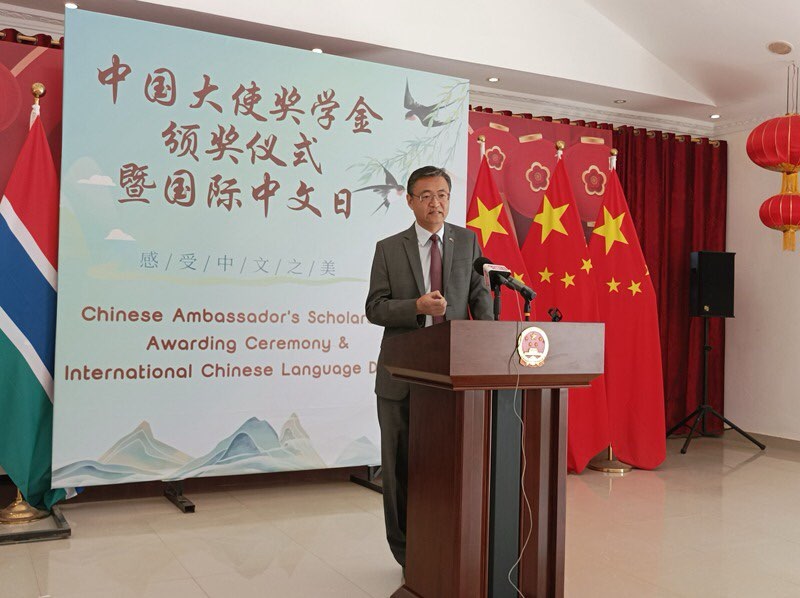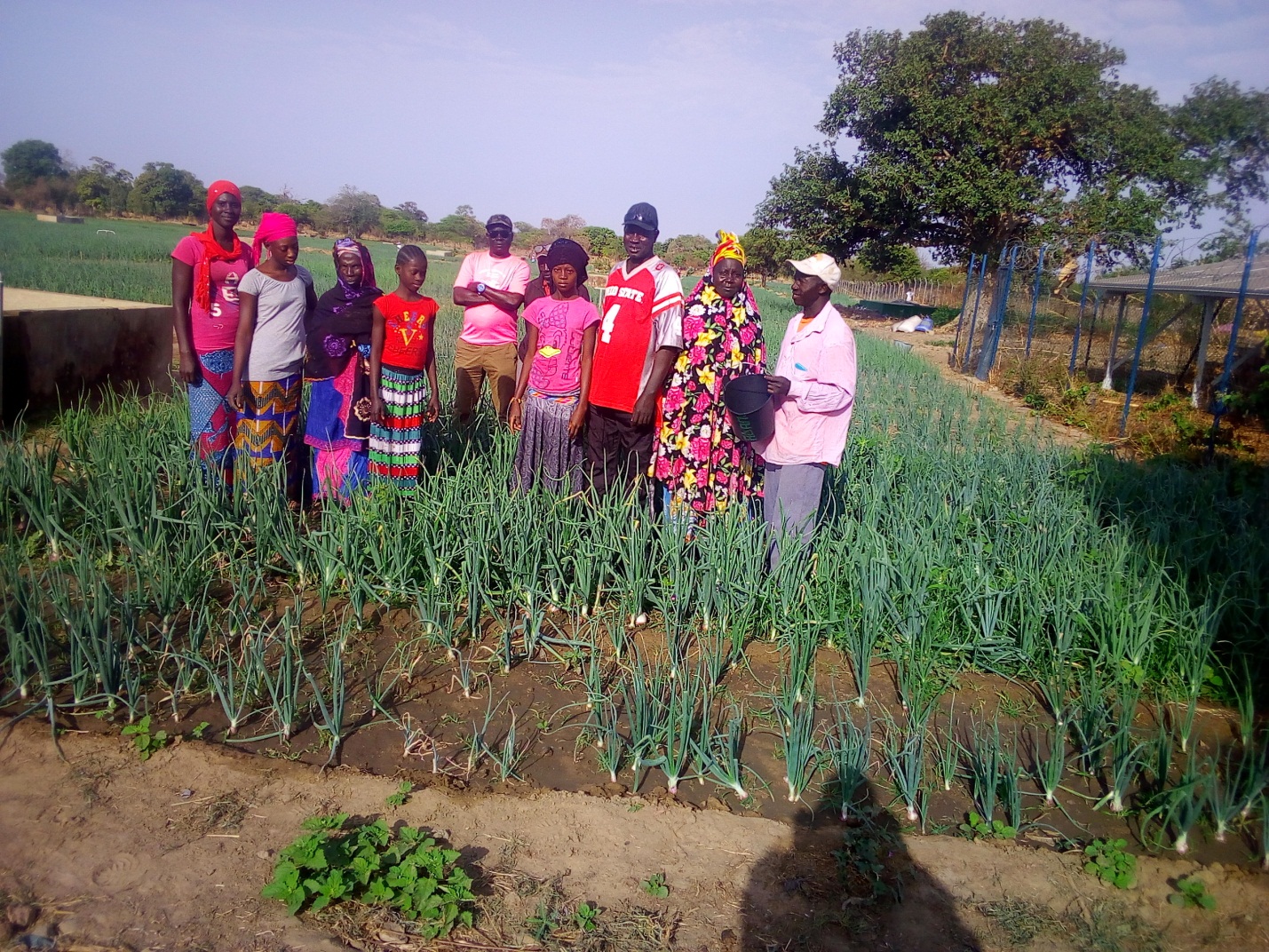By Binta Jaiteh
The chairperson of the National Assembly Joint Committee on Health and Gender, Hon Amadou Camara has harped that repealing the ban on FGM/C would expose women and girls to severe health risks and violate their right to physical and mental well-being.
The lawmaker said this during a presentation of the committee report on the Women’s Amendment Bill 2024. The Joint Committee has considered and scrutinized the Bill heard various experts and recommended that the Women (Amendment) Act, 2015 should be maintained to prohibit female circumcision in all forms of genital mutilation or cutting in The Gambia.
According to him the practice of FGM/C has been consistently linked to numerous health complications, including chronic pain, infections, obstetric risks, and psychological trauma. Preserving the ban is essential for safeguarding the health and dignity of women and girls in The Gambia.
He noted that the continuation of FGM/C perpetuates harmful gender inequalities and discrimination against women and girls. By maintaining the ban, The Gambia can reaffirm its commitment to gender equality and promote social development by challenging harmful cultural norms and practices. “Rejecting the repeal of the FGM/C ban is crucial for fostering an inclusive society where everyone can thrive free from violence and discrimination”, he stated.
According to him, Girls and women who are at risk or have undergone FGM/C should have access to legal support and protection. This includes access to shelters, counseling, and other support services.
He went on that, research and data collection are necessary to understand the prevalence of FGM/C, its impact on individuals and communities, and the effectiveness of interventions aimed at preventing and addressing it. Legislation and Policy TheGovernment should enforce the law as well as issue clear policy directives prohibiting FGM/C and provide continued legal protections for girls and women at risk.
“Comprehensive public awareness campaigns and educational programs should be implemented to raise awareness about the harmful effects of FGM/C and promote gender equality and women’s rights”, he asserted
Furthermore, healthcare providers should be trained to recogniseand address the physical and psychological consequences of FGM/C. They should also provide support and medical care for girls and women who have undergone FGM/C and clearly ban any attempt to medicalize the practice of FGM/C.
In his concluding remarks, Hon Camara said the Gambia’s commitment to national, regional, and international conventions, such as CEDAW, CRC, and the Maputo Protocol, reflects its dedication to eliminating discrimination and promoting gender equality.
The practice of Female Genital Mutilation or Cutting (FGM/C) directly violates these commitments by infringing upon the fundamental right to health and causing severe physical and psychological harm to women and girls. Allowing FGM/C to continue undermines gender equality and perpetuates, abuse, and discrimination, contradicting the principles enshrined in the 1997 Constitution. Repealing laws against FGM/C would not only violate human rights but also hinder community development and the country’s.





